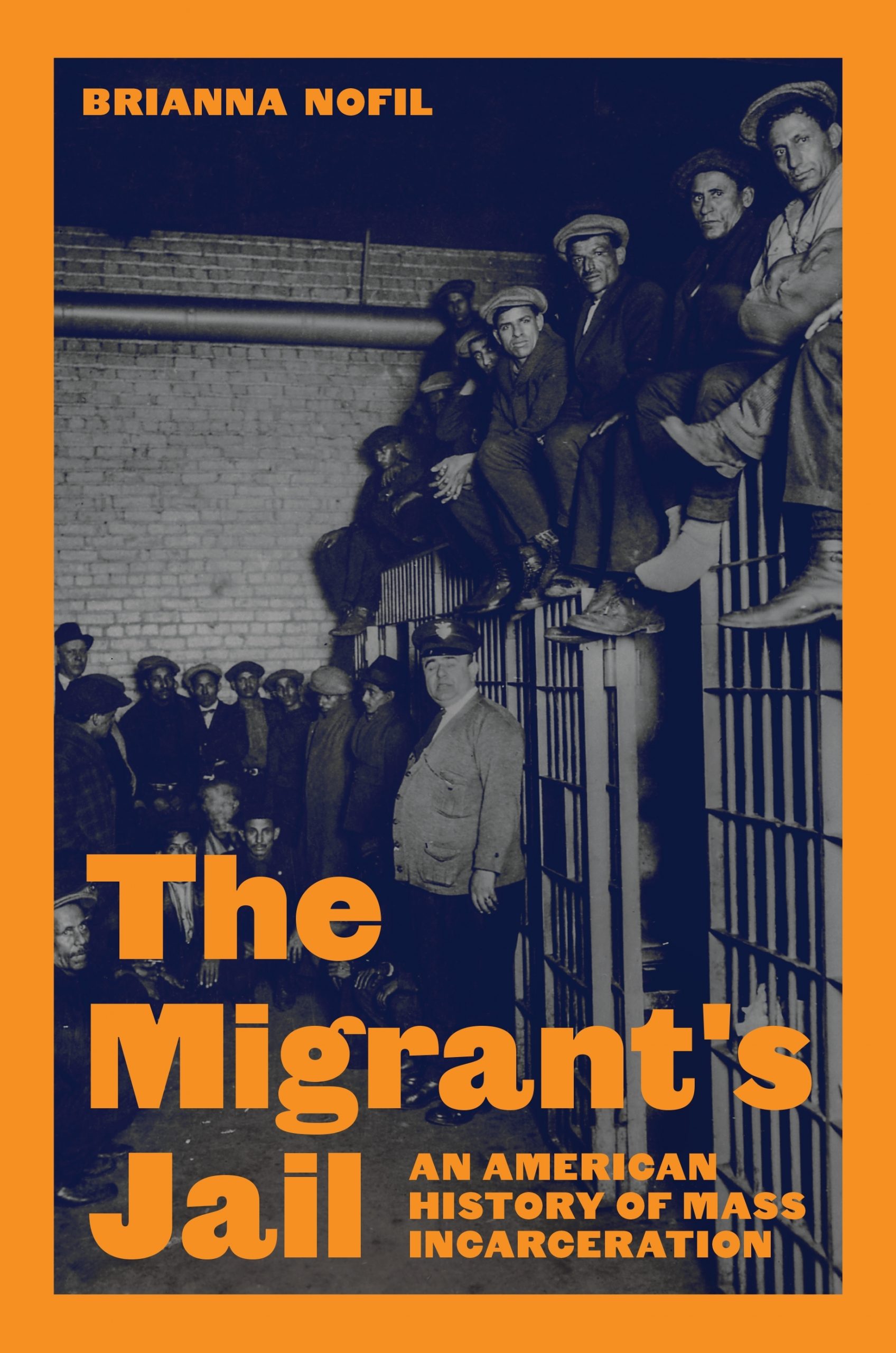The plenary power doctrine, crystallized by the courts at the turn of the twentieth century, dictates that the executive and legislative branches are responsible for immigration policy decisions and that courts should rarely, if ever, entertain challenges to decisions about admission or expulsion. Plenary power, a term similarly invoked in Indian affairs and in cases involving the political status of U.S. territories, indicates complete and absolute authority. The power over immigration was affirmed in the 1889 case of Chae Chan Ping v. United States, in which the Supreme Court ruled that the government could exclude a noncitizen on whatever grounds it deemed necessary. Individual constitutional rights became secondary; Congress held the power to discriminate against arriving migrants on the basis of race, gender, political affiliation, or any other category it deemed relevant.
Plenary power also bore a corollary notion: that federal authority over immigration was indivisible, and that states and counties had no independent role in developing or administering immigration law. This doctrine upended the nineteenth-century U.S. immigration regime, where state and local officials created and enforced immigration laws. Yet, though the courts dictated that localities could not produce or execute immigration policy, there was ambiguity about how the federal government might delegate power to them. Local actors did not control the core aspects of immigration—decisions about the admission and removal of noncitizens—yet they held significant power in shaping the enforcement of immigration law. The vast, virtually unchecked plenary power of Congress and the president to create immigration policy gave rise to a bureaucracy that operated with stunning autonomy: It was insulated from judicial intervention; it resisted oversight and administrative norms at every juncture; and it used subcontracting, transfers, and intergovernmental agreements to further distance itself from accountability.
Incarcerated or detained noncitizens “sit at the intersection of two powerful lines of deference,” writes legal scholar Emma Kaufman. In cases involving the immigration status of foreign nationals, courts have historically deferred to the political branches, which have near-complete sovereign authority over entry and exclusion. In cases involving prisons and jails, courts have routinely deferred to policies curbing the constitutional rights of incarcerated people. The 1980s saw a judicial retreat from liberal rulings for incarcerated peoples’ rights in favor of arguments that stressed the peculiarity of carceral institutions and recognized the broad power of prison officials to restrict rights in the name of “legitimate penological interests.” Together, these two lines of deference have vested extraordinary power in sheriffs and other jail workers tasked with policing the day-to-day lives of people with few rights and only the narrowest paths to judicial recourse.
